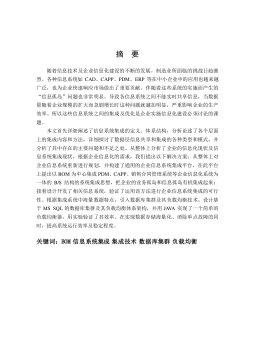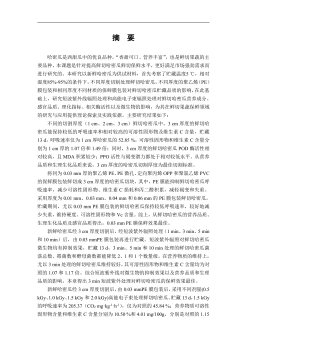基于过程控制的学校教学测评改进研究
目录中文摘要ABSTRACT第一章绪论.......................................................................................................................................1§1.1教学测评内涵与功能.....................................................................................1§1.1.1教学测评的涵义....................................
相关推荐
-
【拔高测试】沪教版数学五年级下册期末总复习(含答案)VIP免费
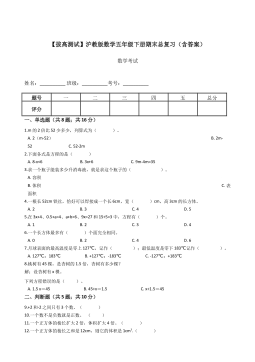
 2024-11-19 19
2024-11-19 19 -
【基础卷】小学数学五年级下册期末小升初试卷四(沪教版,含答案)VIP免费
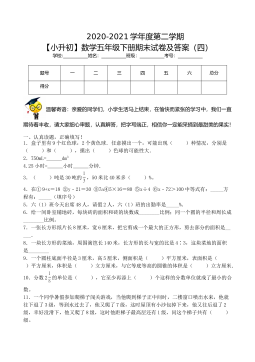
 2024-11-19 9
2024-11-19 9 -
期中测试B卷(试题)-2021-2022学年数学五年级上册沪教版(含答案)VIP免费
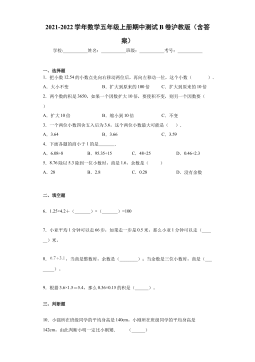
 2024-11-19 11
2024-11-19 11 -
期中测试B卷(试题)- 2021-2022学年数学五年级上册 沪教版(含答案)VIP免费
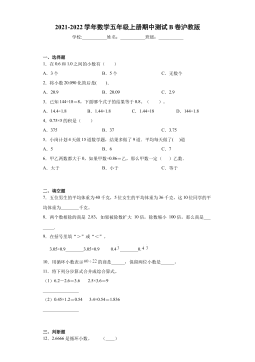
 2024-11-19 16
2024-11-19 16 -
期中测试A卷(试题)-2021-2022学年数学五年级上册沪教版(含答案)VIP免费
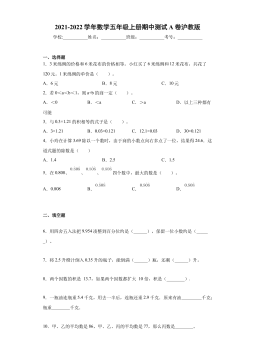
 2024-11-19 18
2024-11-19 18 -
期中测试A卷(试题)-2021-2022学年数学五年级上册 沪教版(含答案)VIP免费
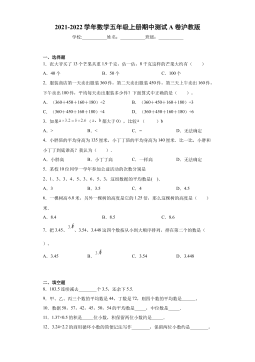
 2024-11-19 25
2024-11-19 25 -
期中测B试卷(试题)-2021-2022学年数学五年级上册 沪教版(含答案)VIP免费
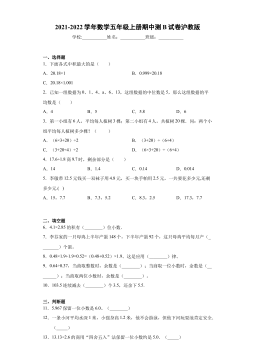
 2024-11-19 23
2024-11-19 23 -
期中测A试卷(试题)-2021-2022学年数学五年级上册沪教版(含答案)VIP免费

 2024-11-19 31
2024-11-19 31 -
【七大类型简便计算狂刷题】四下数学+答案
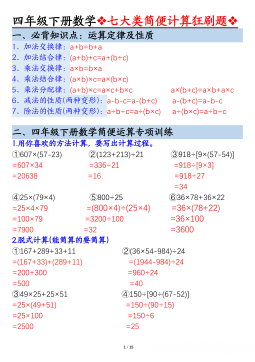
 2025-03-18 16
2025-03-18 16 -
【课内金句仿写每日一练】四下语文
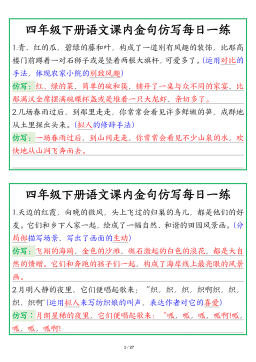
 2025-03-18 39
2025-03-18 39
相关内容
-

期中测试A卷(试题)-2021-2022学年数学五年级上册 沪教版(含答案)
分类:中小学教育资料
时间:2024-11-19
标签:无
格式:DOCX
价格:5 积分
-

期中测B试卷(试题)-2021-2022学年数学五年级上册 沪教版(含答案)
分类:中小学教育资料
时间:2024-11-19
标签:无
格式:DOCX
价格:5 积分
-

期中测A试卷(试题)-2021-2022学年数学五年级上册沪教版(含答案)
分类:中小学教育资料
时间:2024-11-19
标签:无
格式:DOCX
价格:5 积分
-

【七大类型简便计算狂刷题】四下数学+答案
分类:中小学教育资料
时间:2025-03-18
标签:数学计算;校内数学
格式:PDF
价格:1 积分
-

【课内金句仿写每日一练】四下语文
分类:中小学教育资料
时间:2025-03-18
标签:无
格式:PDF
价格:1 积分


